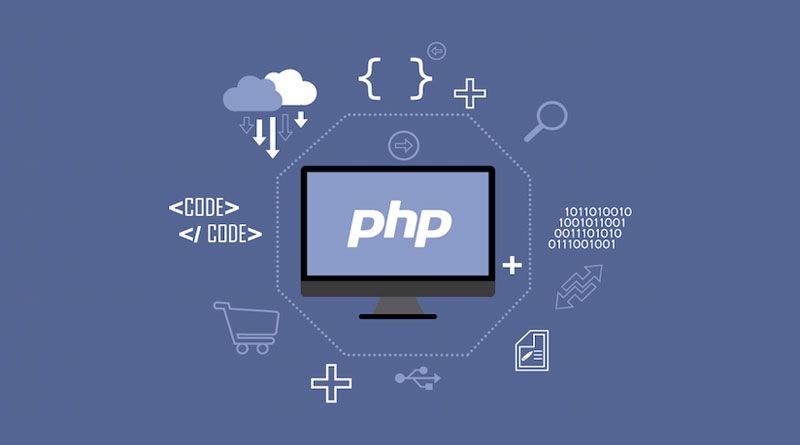
Optimizing PHP code is crucial for improving the performance and efficiency of your web applications. Here are some tips and tricks to help you achieve better PHP code optimization:
Use Opcode Cache:
Opcode caching stores compiled PHP code in memory, reducing the need for recompilation on each request. Popular opcode cache tools include APC, OpCache, and XCache. Enable one of these extensions on your server to improve performance significantly.
Minimize Database Queries:
Reducing the number of database queries can significantly boost performance. Optimize your SQL queries, use efficient joins, and consider caching frequently used data when possible.
Optimize Loops:
Make sure your loops are as efficient as possible. Minimize the number of iterations, avoid nested loops when unnecessary, and try to use array functions like array_map() and array_filter() where appropriate.
Avoid Global Variables:
Minimize the use of global variables as they can make code difficult to maintain and test. Instead, use function arguments and return values to pass data.
Use isset() and empty():
When checking for the existence of variables or array elements, use isset() instead of array_key_exists() and empty() instead of comparing to null. They are faster and produce more concise code.
Optimize String Concatenation:
String concatenation using the “.” operator can be slow, especially within loops. Instead, use implode() or sprintf() for better performance.
Choose the Right Data Structures:
Use the appropriate data structures for your needs. Associative arrays are excellent for key-value pairs, and arrays are better for sequential data. Be cautious when using multidimensional arrays, as they can be slower and more memory-consuming.
Use PHP Built-in Functions:
PHP provides many built-in functions that are highly optimized. Whenever possible, use these functions instead of custom implementations.
Limit File System Access:
File system operations can be costly. Minimize file reads and writes, and consider using caching mechanisms for frequently accessed files.
Enable Gzip Compression:
Enable Gzip compression in PHP to reduce the size of data sent to the client, which will speed up page loading times.
Use PHP 7+ Features:
If you’re still using an older version of PHP, upgrading to PHP 7 or higher can provide significant performance improvements due to the introduction of features like scalar type hints, return type hints, and more efficient memory usage.
Optimize Images:
Optimize images before displaying them on your web pages. Smaller image sizes reduce page load times.
Implement Caching:
Implement caching mechanisms to store the results of expensive computations or database queries. Memcached or Redis are popular choices for caching in PHP applications.
Profile Your Code:
Use profiling tools like Xdebug to identify bottlenecks and performance issues in your PHP code. This will help you focus on the parts of your application that need optimization the most.
Remove Unused Code:
Regularly review and remove any unused or redundant code from your application to keep it lean and maintainable.
Remember, always measure the performance impact of your optimizations to ensure they indeed lead to improvements in your specific application. Optimization is often a trade-off, so focus on the most critical parts of your codebase and prioritize accordingly.
